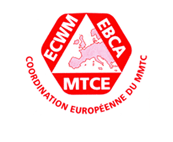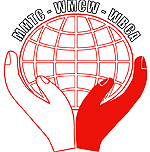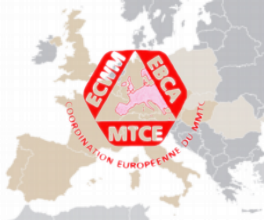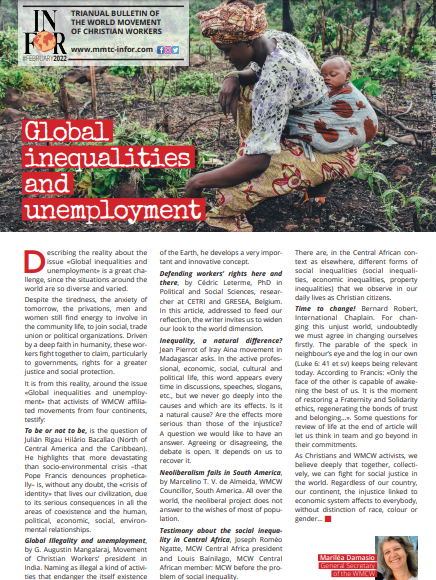
Facts: According to the European Social Charter the social rights are to be defined in a wider sense than the direct rights of work. They include amongst others the right of health protection, social security and welfare, of claiming social services, the right of migrants and their families for protection and assistance and the protection of children and young people and the protection of the family. In the additional protocol of 1989 the right of equal opportunities and equal treatment in employment and profession, of information, consultation and involvement of the employees or their representatives and the right of older employees for social protection were incorporated. The social rights were once again stated more precisely and extended through the revised European Social Charter of 1996. The special importance of, for example, civil work for the community is documented amongst others in the European Value Survey of 2001. 31.6 % of those interviewed stated that they were working on an honorary basis, i.e. without payment, for at least one organization.









